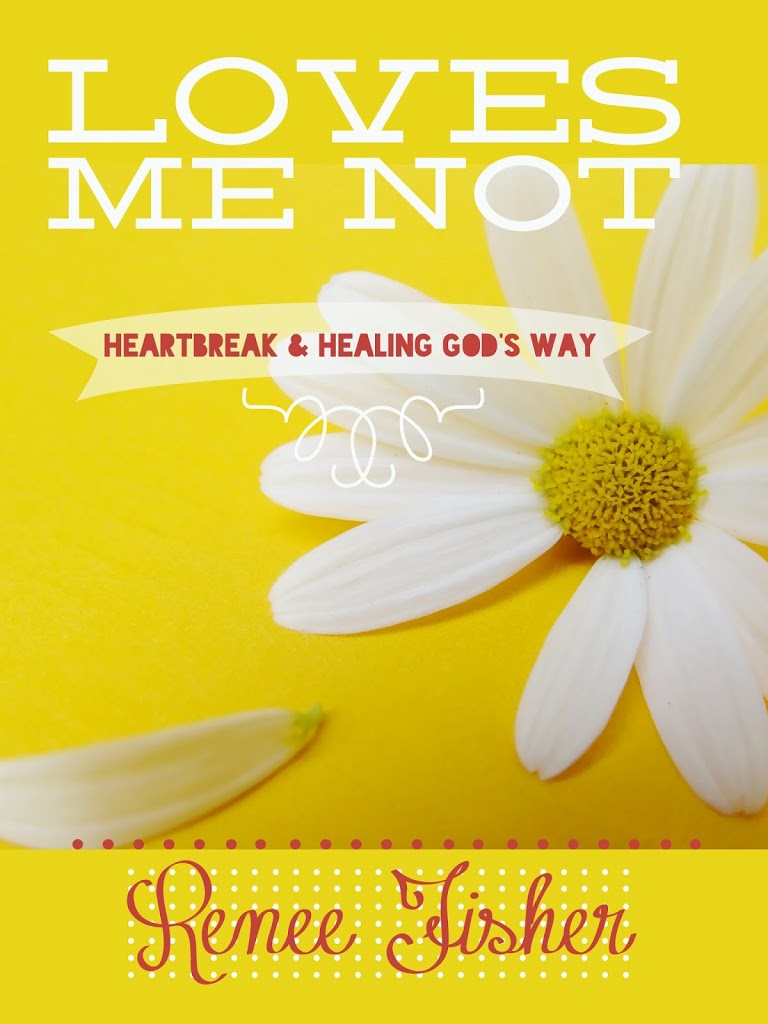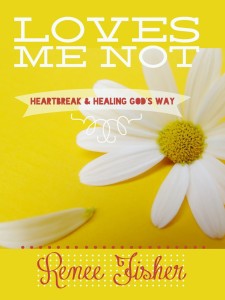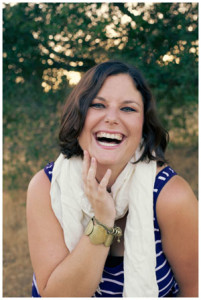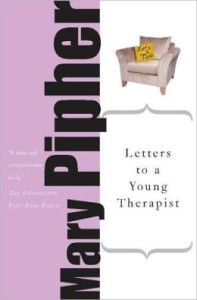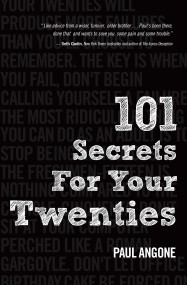 Not yet 20 in the summer of 2004, I wallowed in self-pity on the walk from my car to my house after work. Inside, I dropped my purse at the door, audibly sighed, and asked my “roommate” a question:
Not yet 20 in the summer of 2004, I wallowed in self-pity on the walk from my car to my house after work. Inside, I dropped my purse at the door, audibly sighed, and asked my “roommate” a question:
“Is this what adulthood is really about?”
Up at 6. To work by 8 to sit at a gray desk in front of a gray computer doing a lot of what means nothing to me. Out at 5. Home for dinner and back to back episodes of any show entertaining enough to deter me from dwelling on the truth: I will do this again tomorrow, and I will hate it just as much.
“Yep,” my mom replied, half-kidding. “Pretty much.”
Mad at the world (or at high school, at least) for releasing me into adulthood with no good prep (or so I thought), I cried a little. This is probably because of what I didn’t yet know:
Only I could change the life-sucking cycle in which I felt so stuck.
This is precisely what blogger and author Paul Angone proves in his new book 101 Secrets For Your Twenties, which I a) wish he’d written 10 years ago (but I forgive you!) and b) thoroughly enjoyed. 101 Secrets is easy to read, and fast and funny. It is also sometimes convicting. The secrets he shares challenge young adults to jump life’s hurdles instead of pouting about them and to accept that growing pains are part of young adulthood (if we are willing to grow up). Here are a handful of my favorites:
#4: Your twenties are about having the courage to write a frightful first draft.
“We have to be willing to allow ourselves to write some terrible first drafts. You can’t have a good story without a good struggle.”
#10: You grow INTO growing up.
You might be an adult if “your body begins to ache from vigorous lack of movement,” “Facebook goes from being a hobby, to an obsession, to a chore you dread,” or “You don’t spend the week organizing your plans for Saturday night. No, organizing is your plans for Saturday night.”
#24: Love is blind. Enlist some seeing eye dogs.
“You’re being warned there’s a serious accident ahead, so why in the name of a 7-Car-Pile-Up are you still driving directly toward it? Enlisting trusted guides to help direct your relationship can save your life.”
#56: Watch out. “Official Adults” might stereotype you for being twentysomething.
“If you feel like you’re being stereotyped because of your age, your best ally is quiet confidence – a humble consistency that shows up and gets the job done. You don’t argue with them about your skill set, you just show them every single day how awesome your skills are.”
#76: No one knows what they’re doing.
“Are you freaked out that you have no idea what you’re doing? Perfect! So is everyone else.”
Now that I’ve given away some of Paul’s secrets, I’ll give away a couple copies of his book. Wanna win one? In a comment on this post, share a secret of your own – something you’ve learned so far in your 20s (or something you learned in your 20s if you’re already out). Include an email address or Twitter username I could use to tell ya if you won. Entries will count only through 11:59 p.m. EDT Aug. 4. All entries will literally be put into a hat, out of which I will draw two random winners on Aug. 5.
– – – –
Visit Paul’s site, AllGroanUp.com. Click here to learn more about the book, and here to read 21 Secrets for Your 20s, a blog post by Paul that went viral and inspired the book.

